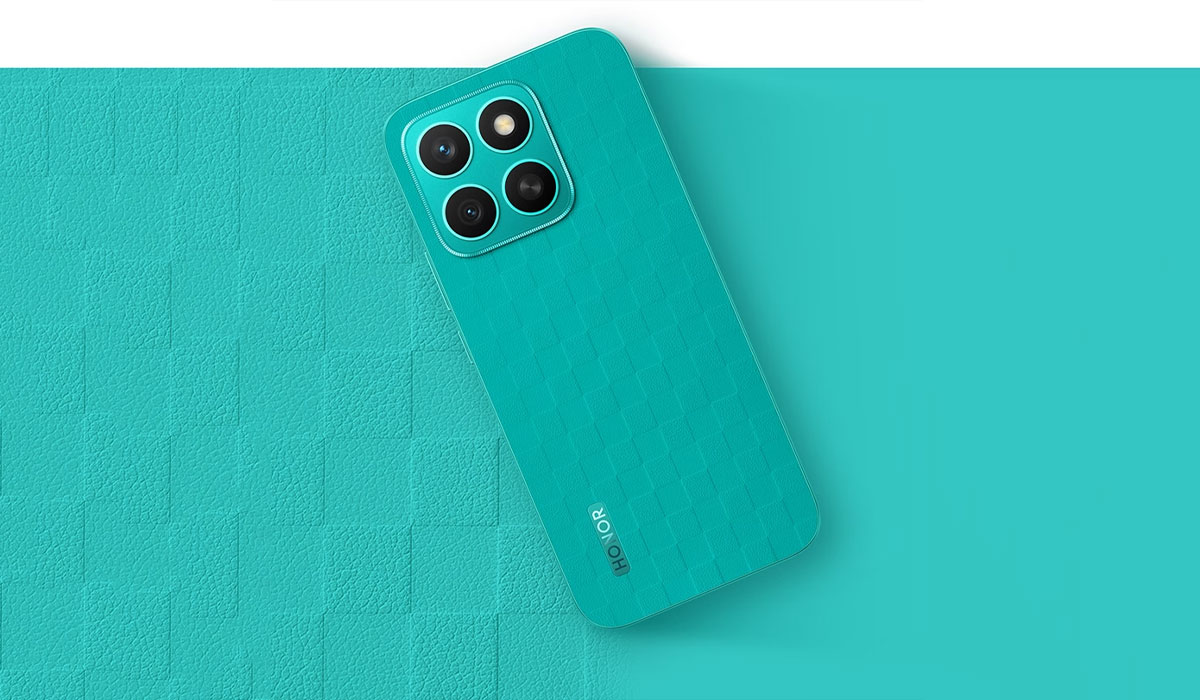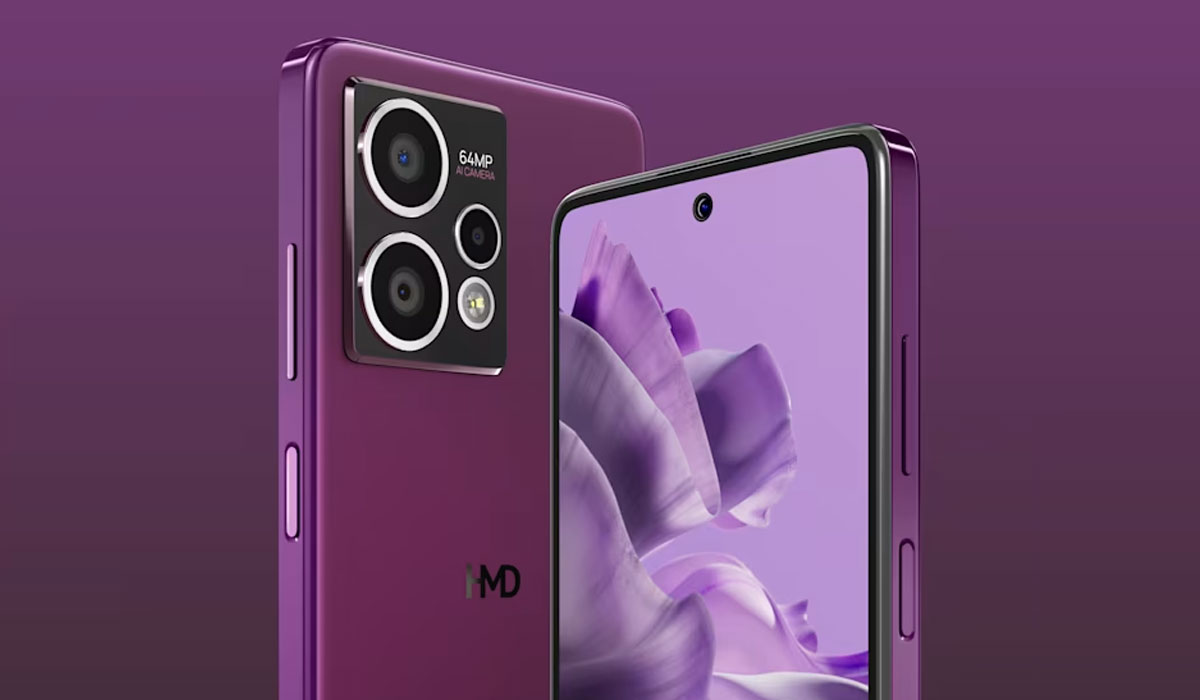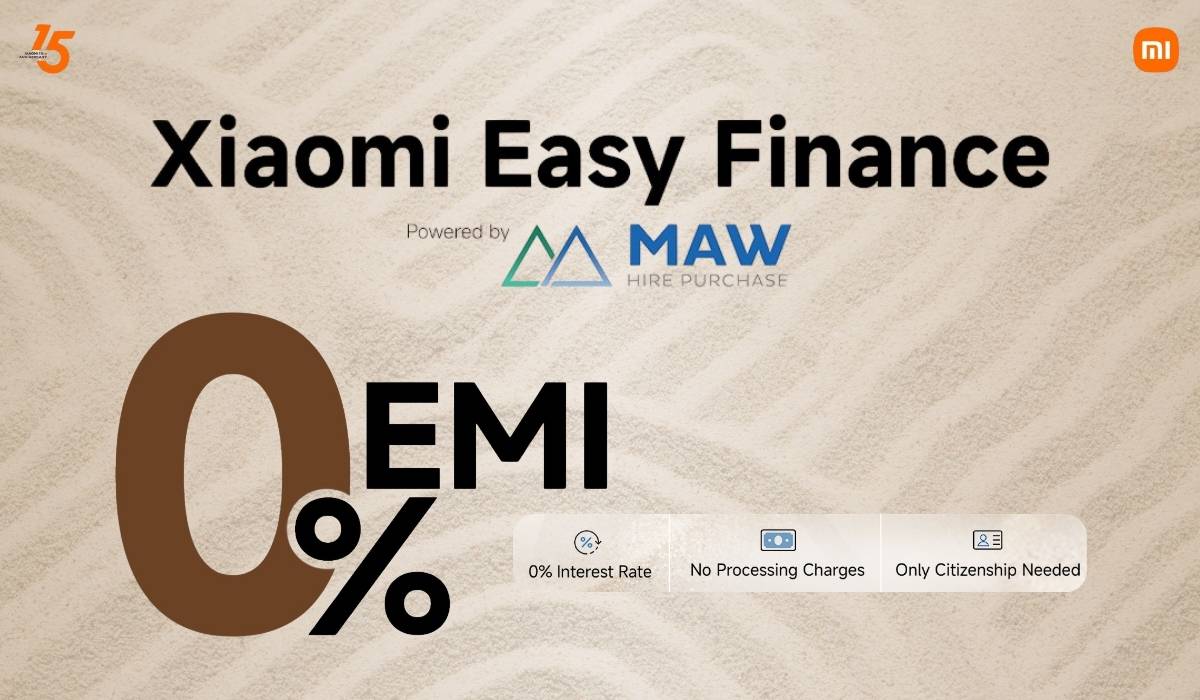Huawei Mate 30 Pro is Huawei’s latest flagship and its finally available in Nepal. But there’s one thing you should know! Huawei Mate 30 Pro is the first flagship phone from Huawei that doesn’t come with GMS (Google Mobile Services). Instead, the Mate 30 Pro comes with Huawei’s own HMS (Huawei Mobile Services).
So, why should you care about this? Well, let me explain the situation first. Recently, the US issued a trade ban on Huawei, which bars US-based companies from trading with Huawei. And, Google being a US-based company cannot sell its Google Mobile Services to Huawei.
What are GMS and HMS?
If you’re an avid Android user, by now you must be very familiar with Google Mobile Services (GMS). So you must have Play Store on your android device and you must have downloaded Android applications from the Play store.
And, simply this is GMS. It is a set of applications and APIs which allows google apps and features to run on Android devices.
While you can download and use the non-google apps to your Huawei devices. You cannot use Google apps such as Play Store, YouTube, Gmail, Google Keep, and others even if you download it from third party sites.
Now that you have a basic understanding of GMS. What is HMS?
Similar to GMS, HMS is Huawei’s alternative to GMS which has a set of APIS that provides GMS like capabilities to the android applications.
If any Android app uses GMS then it can use the “Login With Google” feature which is a feature provided by the GMS and most of you must have used that feature. Similarly, if any other app uses HMS then it can use the “Login With Huawei ID” feature which lets the users login with a single Huawei ID across all applications.
Basically, HMS provides the replacement of all the APIs and features that GMS provides.
What Do I Get with HMS?
First, let’s get over with the things you get. As I’ve already mentioned, you will not get any Google Services and this is not only limited to apps like YouTube, Gmail or Google Keep. You won’t be able to sync your calendar and contacts, sync your message database between devices, sync any data from an app that uses Google’s built-in method through Drive or use Google search or Assistant. However, there’s a workaround. Now that you’re clear with what you won’t be able to access without GMS, let’s see what the HMS has on offer.
First, it provides you with all the alternative APIs such as:
- Account Kit:
Account Kit is Huawei’s alternative to Google Sign In, allowing developers to use Huawei ID as a valid login option for their app. This helps users to easily log in to apps, without having to register and validate credentials for each app. - Location Kit:
Location Kit simply does the work of Google’s Fused location which is to provide accurate location data for use within apps. - Drive Kit:
HMS’s Drive Kit aims to replicate the work of Google Drive API with which applications can read, write, and synchronize files with Huawei Cloud. - Map Kit:
HMS Core’s Map Kit aims to be equivalent to Google’s Maps SDK, providing developers with convenient and powerful map capabilities that can help improve the map experience within apps. - Game Service:
Alternative to Google Play Games, Game service aims to provide an easy way for players to sing-in and track various in-game achievements. - Push Kit:
As the name suggests, Push Kit allows developers to push notifications to your users through your app. Push Kit establishes itself as a reliable, real-time push message platform with global coverage, spreading over 200+ countries. It’s the alternative to Google’s Firebase Cloud Messaging - Analytics Kit:
Analytics Kit provides app developers with different metrics within an app and provides analysis based on those metrics. Huawei claims that developers will be able to collect as many as 500 types of behavior data, presenting a very wide potential for gaining insight into the user, their interactions and habits within the app. - In-App Purchases:
An alternative to Google Play In-App billing, it’s an API that manages all the monetization in Huawei Ecosystem. And, it’s rumored that there’s an extra incentive for developers compared to Google as it takes less percentage as a service fee. - Ads Kit:
Another form of monetization, It’s an alternative to Google AdMob. It provides device-level ad identifies and advertisement-conversion tracking capabilities to build an advertisement ecosystem.
By the looks of it, Huawei has a solid alternative to Google Mobile Services with it’s alternative APIs and recently Huawei has been inviting developers to use their HMS ecosystem. But how’s the response?
HMS Ecosystem Growth
As of 2019 Q3, HMS has achieved 390 million global monthly active users on HUAWEI AppGallery, with more than 180 billion total app downloads within a year since it started the global service in 2018.
Currently, there are also over 1.07 million global developers registered with HMS, with more than 50,000 apps already integrated into HMS Core, which helps to create a version of an app that is compatible with all HUAWEI devices.
Well, Google doesn’t release such figures so we cannot compare them head to head but surely Huawei is growing steadily on its conquest to replace GMS.
But how are they progressing locally?
Well, there are no statistics that provide analysis of their progress but Huawei has been heavily investing in local markets. In Nepal, the most popular online transaction app, e-Sewa is already available in Huawei AppGallery and you can easily find most of the banking applications that are local to Nepal as well. In total there are 61 local Nepali apps already available in Huawei AppGallery.
Also, to promote the use of Huawei’s version of the App Store (Huawei App Gallery), they have been heavily marketing in gaming events and other events. One such event was recently organized with Ncell (one of Nepal’s largest Network Provider). Plus, you will notice Huawei App Gallery banners all over Kathmandu, even in local buses.
Despite the trade issue, Huawei reported strong growth results as it posted a 63% YoY growth in the Chinese market and a 29% YoY growth in the global market. All of this suggests that Huawei hasn’t given up and is willing to exist in the android ecosystem without Google.
How’s the HMS experience with the Mate 30 Pro?
I used the Huawei Mate 30 Pro for a week without any Google services and it’d be fair to say that the major missing thing was the Youtube application. I’m an advanced user and it was easy enough for me to download apps such as Facebook, Instagram, and others via third party sites. I headed over to App Gallery and I was glad to see the Nabil Bank Application as it is my primary source for transactions. So, I would say that I did not miss many services from google except the Youtube app. Well, you can watch the videos on YouTube’s web version through Huawei Browser but there’s a way to make YouTube app work on the Mate 30 pro.
So, if you are already a Huawei user it would be a good idea to use Huawei Phone Clone to migrate all of your apps to the Mate 30 Pro.
Well, I’m not a Huawei user but it was quite easy to find some of the popular apps on Huawei’s App Gallery. So, it was quite easy to set up the Mate 30 Pro. Additionally, I also downloaded the apps that are not available on Huawei App Gallery via third-party websites such as APKPure.
As for Gmail, you can sync it to the native email app so it’s not a problem but I certainly missed the google drive sync.
As for other things, I think HMS does give you a warm experience. It’s not as rich as GMS as of now. Most of us are addicted to the services of GMS such as YouTube. Thus, HMS also needs to incorporate such features into its ecosystem to entice the consumers. In terms of replacement API, HMS is almost there and if it can make it’s App Store much more stronger then there’s no doubt HMS can go head to head with the GMS.
-
Honor X8c with 120Hz Display Launched in Nepal with an Early Bird OfferHIGHLIGHTS Honor X8c price in Nepal is Rs. 33,999 (8/512GB). It is powered by the…
-
HMD Crest Max 5G Launching Soon in Nepal – Now Even BetterHIGHLIGHTS HMD Crest Max 5G price in Nepal could be Rs. 21,999 (8/256GB). This phone…
-
Now You Can Buy a Xiaomi Phone on EMI in Nepal Too – Here’s How!HIGHLIGHTS Xiaomi launched its hassle-free EMI service dubbed the “Xiaomi Easy Finance”. The latest Redmi…














